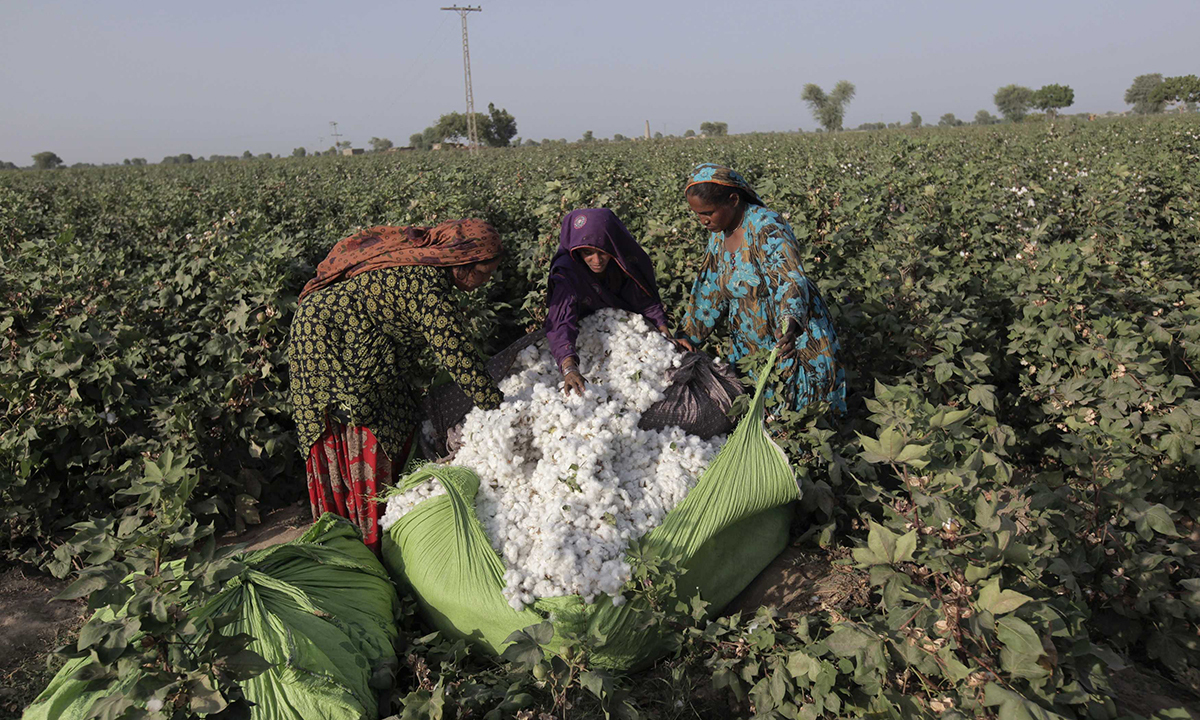
Effect of Climate Change on Agricultural Women
One of the most direct impacts of climate change on women in agriculture is through changes in weather patterns. Erratic rainfall, droughts, floods, and extreme temperatures are becoming more frequent and unpredictable, making it difficult for women farmers to plan and manage their crops effectively. This can result in crop failures, loss of income, and food insecurity for themselves and their families.
Climate change also affects women’s access to water, which is essential for agriculture. As water sources dry up or become contaminated, women often have to travel longer distances to fetch water for their families and crops, taking time away from other activities such as tending to their crops or income-generating activities. This can lead to increased workloads and decreased productivity.
Furthermore, changing climate conditions can also impact women’s health and well-being. Women who are responsible for household food security and childcare may face increased stress and mental health challenges as they struggle to cope with the impacts of climate change on their livelihoods and families.
In addition, women in agriculture are often marginalized in decision-making processes related to climate change adaptation and mitigation. They may have limited access to information, technology, and financial resources that can help them adapt to changing climate conditions. This lack of inclusion can further exacerbate the challenges women face in maintaining viable agricultural livelihoods in the face of climate change.

To address the impacts of climate change on women in agriculture, it is crucial to take a gender-responsive approach to climate change adaptation and mitigation strategies. This includes ensuring women’s access to resources, information, and decision-making processes, as well as providing support for women farmers to build their resilience to climate change impacts. By recognizing and addressing the unique challenges faced by women in agriculture, we can work towards a more sustainable and equitable food system in the face of a changing climate.
All Categories
- Agricultural Methods
- Agriculture and Women Small Farmers Rights Awareness
- Climate Change
- Disable and Human Rights
- Disable Jobs
- Donation
- Education
- Health Issues
- Organic Foods
- Organic Vegetables
- Orphans Children
- Plastic production and disposal
- Services
- Sinking in Scarcity
- Success Stories
- Uncategorized
- Waste Management
- Women Rights
- Youth Empowerment




